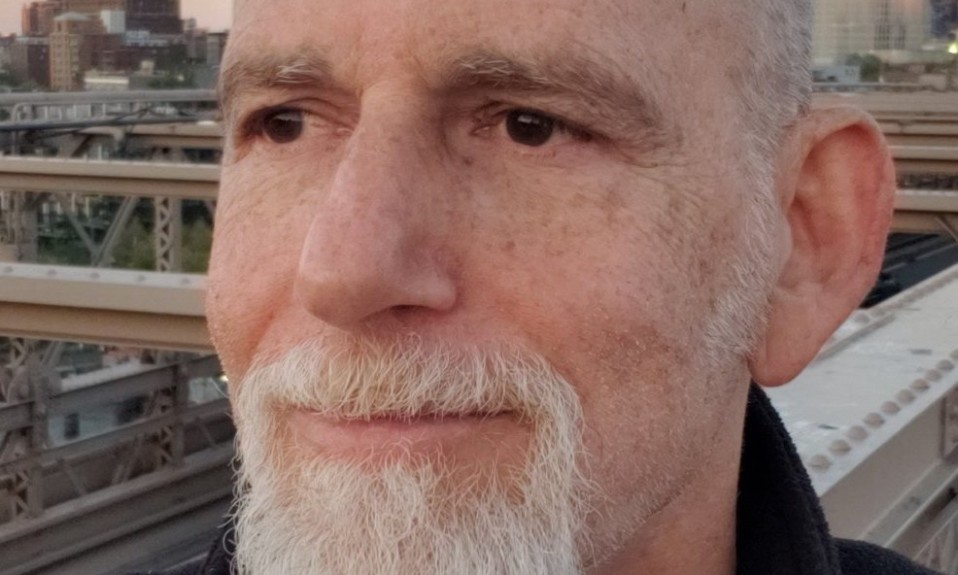Drug Policy Alliance’s “Uprooting the Drug War” initiative looks at racial injustice and other issues with the goal of improving policy and community systems
By Jason Langendorf
February 16, 2021Since its inception more than 20 years ago, the Drug Policy Alliance (DPA) has directed much of its attention toward reducing criminalization and racial injustice in American drug policy, which has long prioritized punishment over more moderate diversion tactics. Now the influential nonprofit is expanding its focus to show how the longstanding War on Drugs has shaped many of our community systems and the ways they work—or don’t work.
Ending the drug war in all its vestiges is critical to improving the health and well-being of individuals, families and communities.”—Kassandra Frederique, executive director, Drug Policy Alliance
Today, the Drug Policy Alliance launched a new initiative called Uprooting the Drug War, releasing a series of reports and an interactive website that clarify the impact of drug policy “beyond arrest and incarceration” and its close associations to the health of community systems. The DPA intends “to collaborate with aligned movements and legislators through meetings, webinars, convenings and organizing,” exploring the institutional effects of the War on Drugs—with the goal of ending it by driving new, more effective and humane policies.
“Ending the drug war in all its vestiges is critical to improving the health and well-being of individuals, families and communities,” Kassandra Frederique, executive director of the DPA, said in a statement announcing the initiative. “But this is not DPA’s fight alone, nor even that of the broader criminal legal reform movement. It is a collective and intersectional fight that must happen in partnership with allies both within these systems and outside of them. It will take all of us, because the drug war impacts us all. Only through creating awareness of the drug war’s insidious impacts across sectors can we begin to disentangle it and the culture of criminalization it promulgates from our lives.”
Six Areas Harmed by Drug Policy
The Uprooting the Drug War initiative includes comprehensive analyses of six different systems—education, employment, housing, child welfare, immigration and public benefits—with histories and first-hand accounts of the systemic harm current drug policy has codified.
Some key data and findings included in the DPA reports:
- 10 million students are in schools that have law enforcement—but no social workers
- Federal “one strike” policies encourage immediate eviction after suspected drug activity
- By denying benefits such as TANF and SNAP, which help people out of poverty, drug policies may actually contribute to increased substance use disorder rates, in addition to negative health and education outcomes that contribute to generational poverty
“For a long time, we’ve kind of seen ourselves as an organization that’s connecting the dots,” says DPA director of media relations Matt Sutton. “And I think this initiative is exactly that—connecting the dots between the drug war and all the things that it touches.”
Sutton cites the deaths of George Floyd and Breonna Taylor as examples of the human toll of current U.S. drug policy, which, he says “had a big role to play in the interactions that caused their deaths—and also in their lives, way before that—that kind of led up to these final moments.”
Six Advocacy Assessment Tools
Additionally, the initiative’s new website offers six Advocacy Assessment Tools, which are designed to help policy-reform advocates and legislators evaluate and alter drug policies and practices in their own communities.
“The hope is that we empower these other sectors and legislators with this knowledge,” Sutton says of the resources offered as part of the Uprooting the Drug War initiative. “I would have to think they know a little bit about it, but probably don’t understand the full extent. We need to equip them with this kind of knowledge and understanding of how much harm it actually is creating, so that they can really start thinking about this and how they can advocate for these things through the systems in which they work.”
Photo: Miguel Bruna













